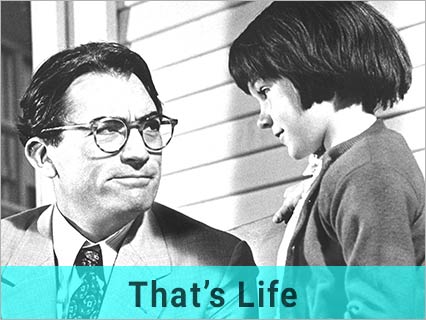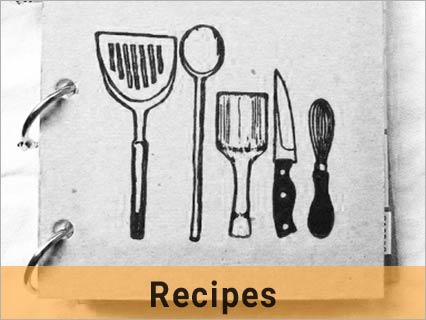Our health and mixed messages…
15 Oct 2020
Dear LPG,
I was watching a television program recently about how we often leave sharing news about an illness until that illness is so advanced that what can be done by the medical profession is limited. The moral of the programme was that the minute one’s body lets them know that something has changed is the time to see a pharmacist, call 111 or make your appointment with your doctor.
This is completely the opposite message to the one we have all been told by the NHS in the past few years where the inference was often not to bother the medical profession unless you are sure you are really ill.
For a long time in the days well before the Coronavirus pandemic was ever public knowledge, too many of us heard stories of, and experienced long waits for basic GP appointments let alone the months it often would take to get an appointment with a specialist once a general diagnosis has been made. Yet in the first few months of Covid-19, the NHS message seemed to be that people who are seriously ill were not attending health appointments for fear of compounding their condition by catching the virus in addition to it. We have learned that quite a few people’s conditions have worsened because they have not contacted their doctors or the hospital when appropriate, while there are also stories of people who failed to contact the medical services when they should have with some really serious personal health consequences.
During the height of the pandemic, many of us spent our Thursday evenings applauding the NHS for all their hard work, but perhaps it was really all the medical professionals that added to their workforce by reappearing and volunteering their services during that time which made the care we got so successful. But now that the crisis is arguably under control, or at least manageable again, I am wondering how long it will take for that message to be reversed.
Regardless of the effect that this pandemic has had on the world, there are still many reasons that people get ill and for the person in the street, who has (in the absence of any expertise of their own), paid for the privilege of being able to depend on the NHS’s expertise whatever their illness, the situation has not changed.
It is bad enough if you don’t feel too well and even worse if you are witnessing someone else who is showing signs of illness because, as a layperson whose presence of mind and power of logic is impaired by the circumstances that are facing you, how on earth can you tell if what is happening is serious enough to warrant an ambulance or trip to A&E at that moment?
The thing is that most of us non-medical professionals, in spite of all the public information available and with all the clarity of mind that not being affected by any immediate crises could evoke, have little idea of the difference between how the onset of a ‘serious’ medical situation and a less serious episode present, let alone the difference in the way that individuals react to such illnesses.
Is it any wonder that the mixed messages from the NHS are leaving too many people wondering what they should do in such times of crisis?
CP, Bromley







